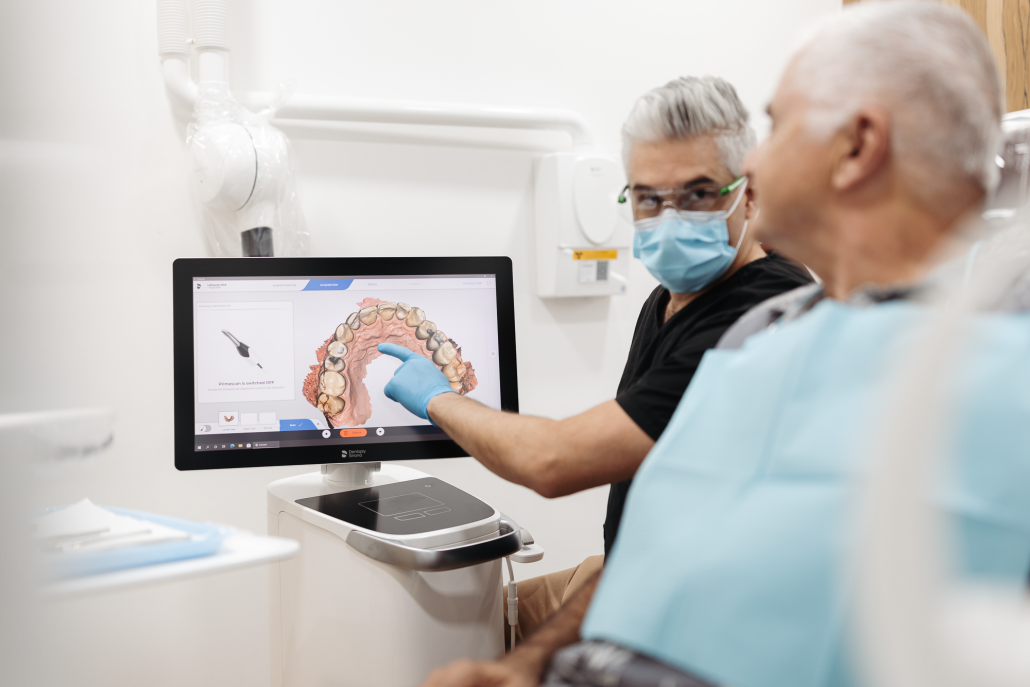Like Pulling Teeth: Signs You May Need a Wisdom Tooth Extraction
If you’re experiencing pain in your mouth, one of most common culprits are your wisdom teeth.
These third molars are the last teeth to emerge, and they usually arrive in our late teens or early twenties, often leaving little room for them to grow correctly. The unpredictable nature of how, where and when wisdom teeth will sprout forth causes many a headache (literally) for the poor, unfortunate soul afflicted.
Unruly wisdom teeth cause all sorts of issues if they become impacted or partially emerge from the gums. The good news is that extraction is a common and straightforward procedure for dentists and oral surgeons alike.
So, how do you know if it’s time to say goodbye to your wisdom teeth?
In this article, we’ll take you through the tell-tale signs that your wisdom teeth may need to be removed.
What is the next step?
While many people may never experience the joy that is wisdom tooth pain, the unlucky bearers of these wily teeth can experience everything from pain to infection and even more severe issues.
If you’re experiencing any of these signs or symptoms, it’s better to book an appointment with your dentist as soon as possible.
The decision to have your wisdom teeth removed is not always easy. However, it is essential to pay attention to the warning signs that suggest extraction may be necessary. If you are feeling pain or discomfort, experiencing swelling or infection, notice your teeth are crowding or shifting, or experiencing more regular oral hygiene issues, it may be time to consult your dentist about removing your wisdom teeth.
They can help you determine whether your wisdom teeth need to be extracted and the best way forward. It’s always better to catch any potential issues early to avoid further complications.
Don’t hesitate to schedule an appointment if you’re experiencing discomfort or anything unusual in your mouth.
With the right care and help from a dental professional, you can get back to enjoying a healthy, pain-free smile in no time.
Share with someone who may need a gentle nudge that it’s time to address those pesky molars.



